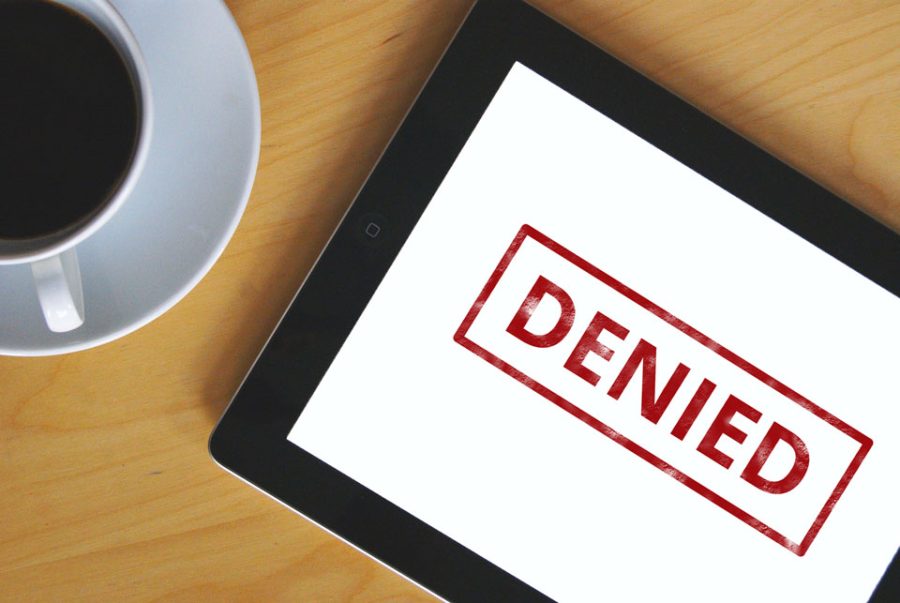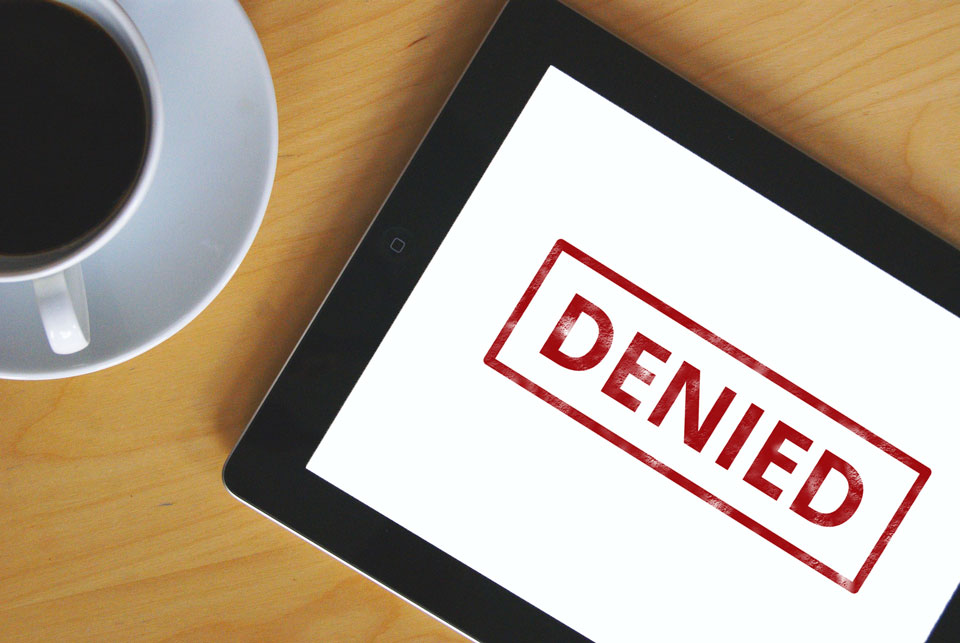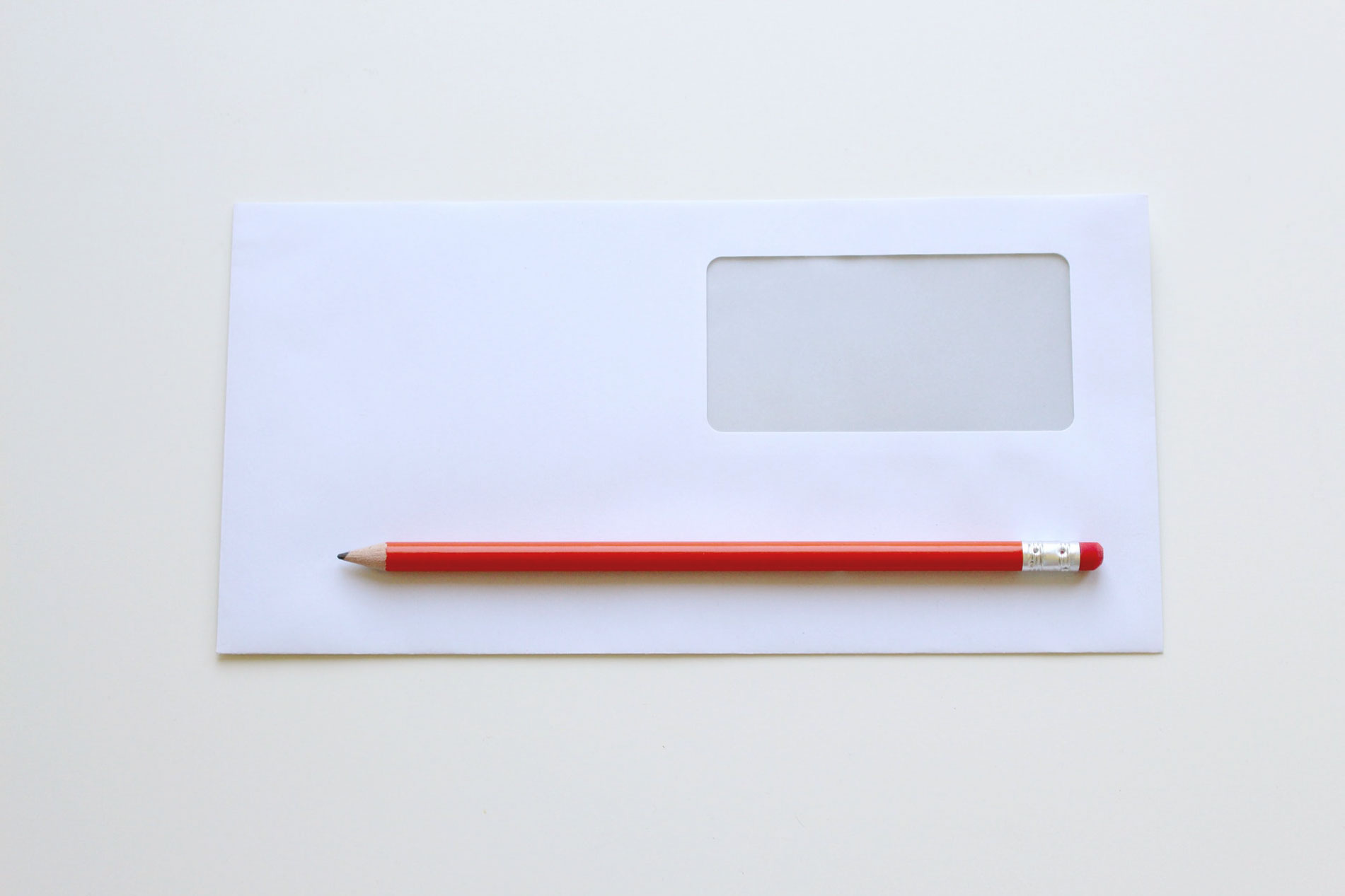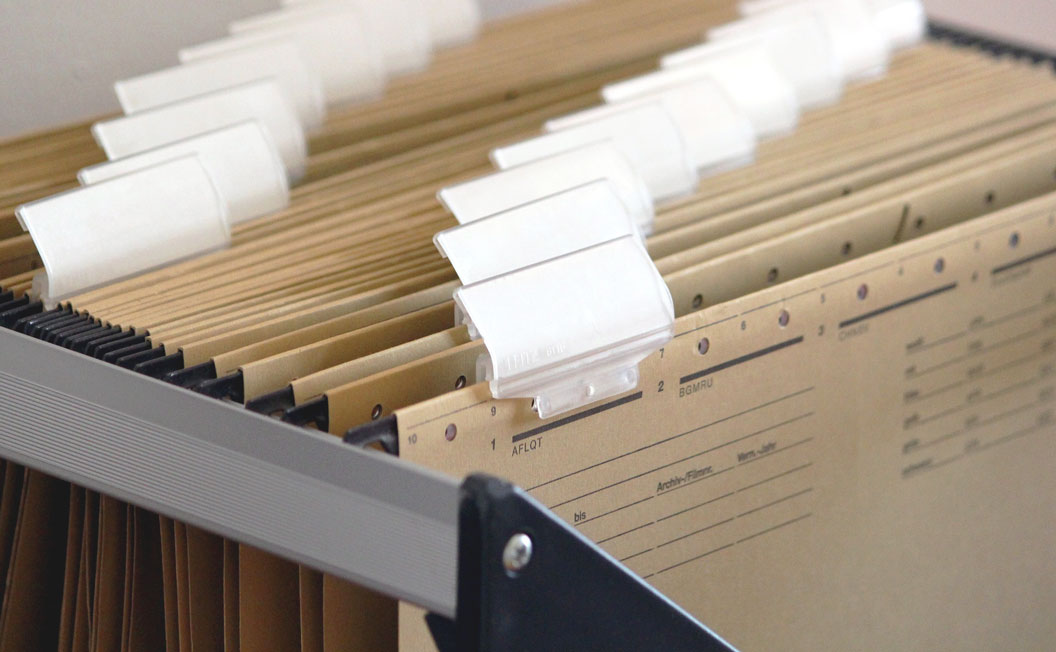My Social Security Disability Application Was Denied. What Do I Do?
It’s probably been about three to five months since you submitted your application for Social Security disability benefits. Now, you learn you’ve been denied. What happens next? Looking at Your Denial Letter Before you decide what to do next, it’s a good idea to look over your denial letter and make sure which program(s) you […]

October 18, 2017

It’s probably been about three to five months since you submitted your application for Social Security disability benefits. Now, you learn you’ve been denied. What happens next?
Looking at Your Denial Letter

Before you decide what to do next, it’s a good idea to look over your denial letter and make sure which program(s) you were denied for.
Typically, Social Security will have applicants apply for both supplemental security income (SSI) and disability insurance benefits (DIB) simultaneously. These two programs have different criteria for who is eligible and who is not. If you know for certain that you only applied for one program, check which program you applied for. You may consider applying for the other program if you think you might meet its criteria.
If you applied for both programs, you should receive two denial letters. If you only get one letter, it could be that the decision for the other program is still pending. Typically, it’s easy for the Social Security Administration (SSA) to deny people for SSI because SSI has income restrictions that are easy for the SSA to check. It’s harder for the SSA to make decisions on people for DIB because that involves looking at a person’s work history and medical records.
Technical vs. Medical Denial

If you do get denied for DIB, you’ll either receive a technical denial or a medical denial. A technical denial happens before your file is reviewed on its medical merits. Reasons for a technical denial include:
- Not enough work credits
- Working over the SGA limit
- Expired work credits
- Failure to return the signed application
Depending on why you received a technical denial, SSI may be a better fit for your case. For example, unless you return to work and earn more work credits, it’s unlikely that you’ll qualify for DIB if you don’t have enough work credits or if your credits have expired.
However, it may be worth it to appeal the decision or wait and reapply later after a technical denial. For example, if you’re currently working over the SGA limit, you might wait until you’re no longer working before reapplying.
Let’s say you receive a medical denial instead of a technical one. You’re in good company. About 70 percent of initial applications are denied because the SSA believes a person doesn’t fit their medical criteria. The letter you receive will likely give a generic reason for your denial: it might say that you can do lighter work or that you can return to a former job.
If you receive a medical denial, you’re in a good position to file an appeal, also known as a request for reconsideration.
Filing a Request for Reconsideration

Whether you were denied for technical or medical reasons, you can still choose to file a request for reconsideration. You have 60 days from the date on your denial letter to file an appeal. After that, you’ll have to start your claim all over again.
Why is it a good idea to appeal instead of reapply? For one, the SSA has already looked at your file. They may have collected medical records or documentation on your work history.
Also, it takes about two to four months after you file an appeal to receive a decision on the appeal. If you decide to reapply, it’ll take three to five months, and you’ll likely be denied again if nothing about your case has changed since you first applied.
Many people choose to submit an initial application on their own, but when it comes time to submit a request for reconsideration, many applicants choose to hire an Indiana disability attorney. A disability attorney can submit your appeal on your behalf and make sure to submit your appeal before the 60-day deadline.
Unfortunately, only 12 percent of people who file an appeal are approved at this stage in the process. More than likely, you’ll receive a denial at this stage and have to file a request for hearing if you wish to proceed.
Requesting a Hearing

If you’re denied at appeal, you may choose to request a hearing so you can take your case in front of an administrative law judge (ALJ) to make a final decision about your claim.
Like with the request for reconsideration, you only have 60 days from the date of your denial letter to file a request for a hearing. At this stage in the game, after you’ve waited anywhere from five to nine months, it would be a terrible loss of time if you didn’t request a hearing before the 60-day deadline. A disability attorney can make sure that your request for hearing is filed within the correct time frame.
However, once you’ve filed a request for hearing, get ready to wait. In Indiana, it takes an average of 20 months from the time you file a request for hearing before you’re actually standing in front of an ALJ.
But it’s not all bad news. Applicants are most likely to get approved at hearing than at any other time during the process. 45 percent of applicants were approved at hearing in 2015, compared to 12 percent at appeal and 33 percent at initial filing.
With such a long wait time, your attorney has more time to gather evidence about your medical condition and work history and strengthen your claim before you go to your hearing.
While you wait, you can help your case by keeping your appointments, treating with your doctor, and taking any medication you might need. This will make it easier to prove to the ALJ that you’re doing everything you can to help your condition, but you’re still unable to work.
It’s also important during this waiting period to update your attorney on any changes to your contact information or your condition. While you’re waiting, your attorney won’t be sitting on their hands. They’ll be working hard to gather all of your information that proves that you qualify for disability.
Help from an Indiana Social Security Disability Attorney
It’s never fun to receive a denial letter, but don’t lose hope. Most applicants don’t get approved at initial filing. There are still many steps you can take to appeal your denial and try to get approved for disability benefits.
If you’ve been denied, an Indiana disability attorney can help. Call Hensley Legal Group today or contact us online for a free consultation.